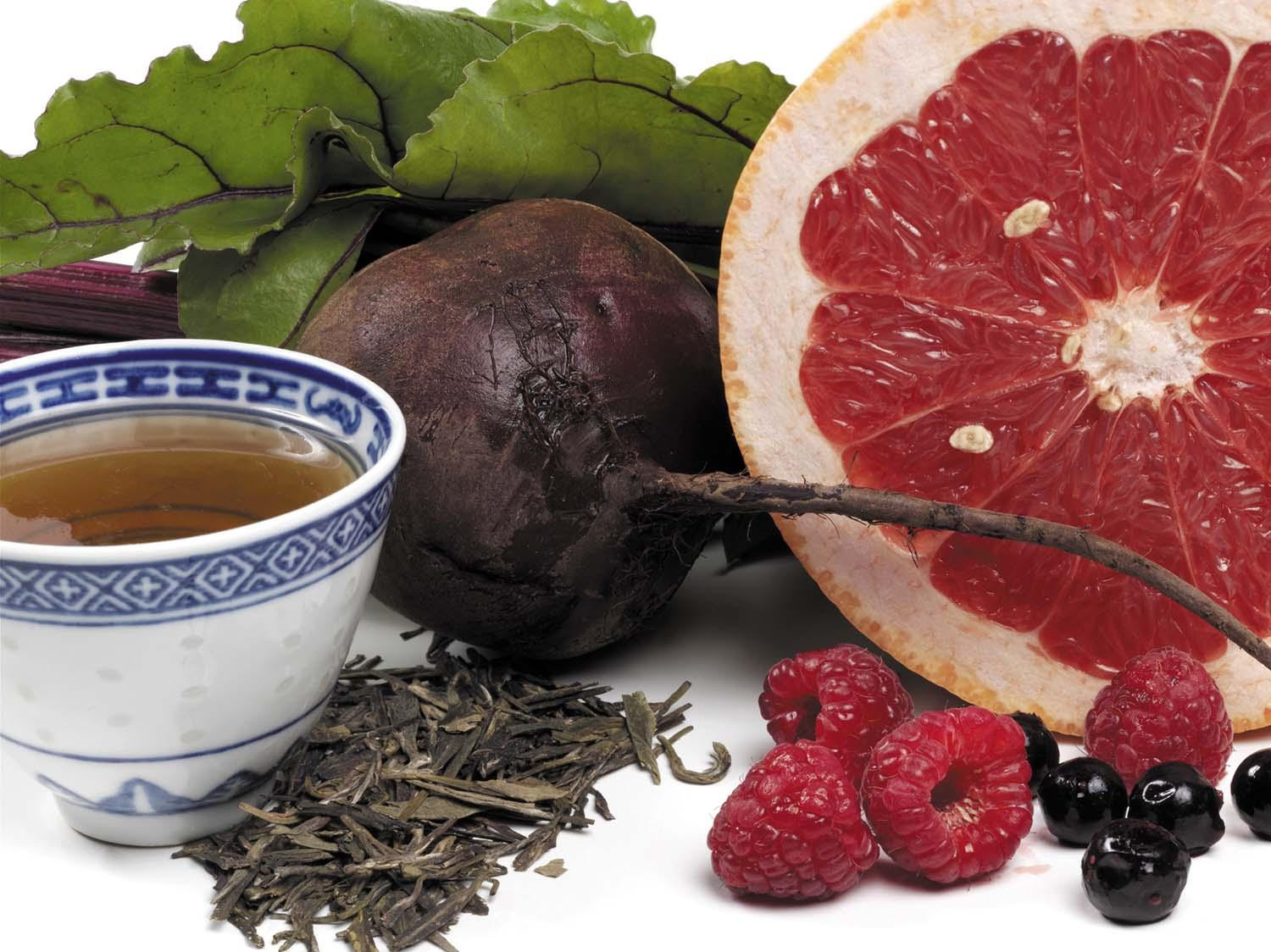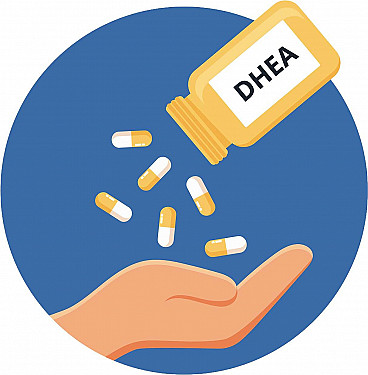Flavonoid-rich foods may fuel healthier aging
Research we're watching
- Reviewed by Toni Golen, MD, Editor in Chief, Harvard Women's Health Watch; Editorial Advisory Board Member, Harvard Health Publishing; Contributor

Consuming more flavonoid-rich foods — including berries, apples, oranges, and black tea — may promote healthier aging, particularly in women, according to a Harvard-led analysis published in May 2025 in the American Journal of Clinical Nutrition.
Researchers evaluated data from more than 86,400 adults ages 60 and older (73% women), who were tracked for more than 24 years. Participants completed food frequency questionnaires at the study’s start and every subsequent four years, and also reported any experiences with frailty, impaired physical function, or poor mental health. Women who consumed the highest amounts of flavonoids had a 15% lower risk of frailty, 12% lower risk of impaired physical function, and 12% lower risk of poor mental health compared with women with the lowest flavonoid intake. In men, higher flavonoid consumption was associated with only a lower risk of poor mental health.
The findings add to earlier research indicating that people who consume higher amounts of flavonoids tend to live longer and are less likely to develop chronic diseases such as dementia, diabetes, or heart disease. Flavonoids are well recognized for reducing inflammation, supporting healthy blood vessels, and helping maintain muscle mass, the study authors said.
Image: © DianePeacock/Getty Images
About the Author

Maureen Salamon, Executive Editor, Harvard Women's Health Watch
About the Reviewer

Toni Golen, MD, Editor in Chief, Harvard Women's Health Watch; Editorial Advisory Board Member, Harvard Health Publishing; Contributor
Disclaimer:
As a service to our readers, Harvard Health Publishing provides access to our library of archived content. Please note the date of last review or update on all articles.
No content on this site, regardless of date, should ever be used as a substitute for direct medical advice from your doctor or other qualified clinician.
















